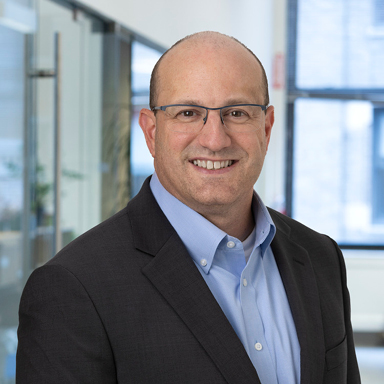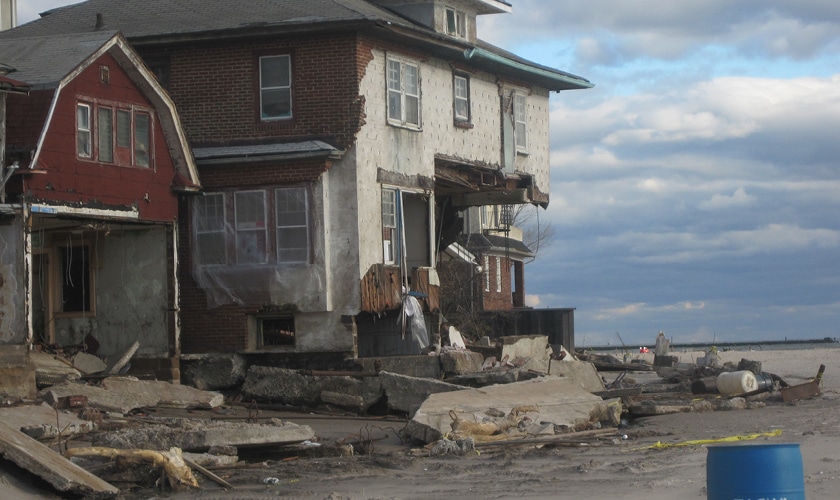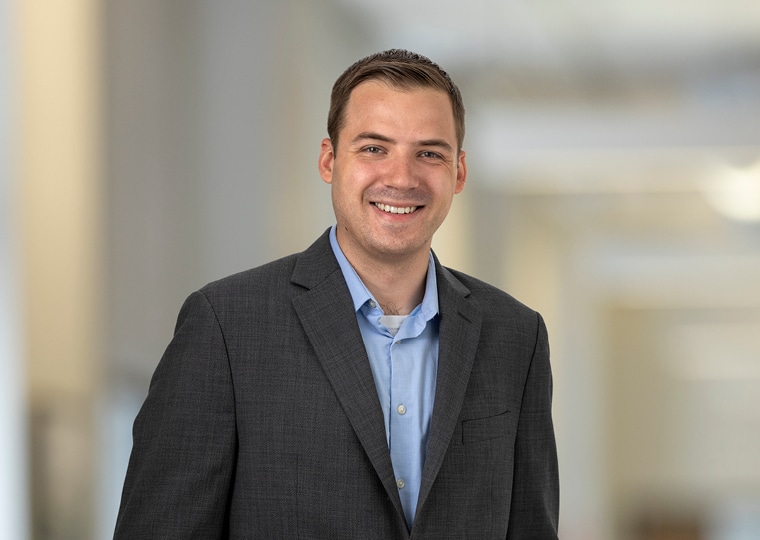STV’s Christopher Cerino, PE, F.SEI, DBIA, vice president and technical director of structural engineering, urbanism and planning, recently attended a collaborative workshop with some of the nation’s leading coastal flood resilience experts.
The workshop, “Climate Adaptation Workshop: Structural Design for Coastal Flood Resilience,” was organized and sponsored by the National Science Foundation (NSF), the Applied Technology Council (ATC) and Princeton University.
“This workshop was an incredible intersection of academics, practitioners, code writers, policy makers and risk managers who stand at the forefront of understanding and addressing coastal hazards,” Cerino said.
Designed to foster robust discussions among a select group of invitees, the workshop brought together academics, practitioners, stakeholders and other experts to discuss climate-adaptable structural solutions for coastal resilience. Individual sessions covered topics ranging from the state of research and practice to experimental and numerical capabilities and needs, structural engineering design approaches, practitioner perspectives, educational efforts and identifying deficiencies in flood design practices, gaps in basic science and needs in codes and standards.
Cerino, who currently serves as the president of the National Council of Structural Engineers Associations (NCSEA), made substantial contributions to the agenda by lending his expertise to the design and research behind four presentations at the workshop. His recent research with the ATC on designing structures around coastal inundation events particularly informed these contributions.
“STV’s resilience professionals, design engineers and program managers take pride in bridging the gap between cutting-edge, beyond-the-code science and practical solutions for our clients to ensure the highest project performance and overall asset resilience,” Cerino said. “Participating in this workshop positions us at the forefront of the latest design philosophies, including adaptive design, performance-based design and functional recovery, which are applicable across all infrastructure sectors: bridges, roads, buildings and utilities.”






